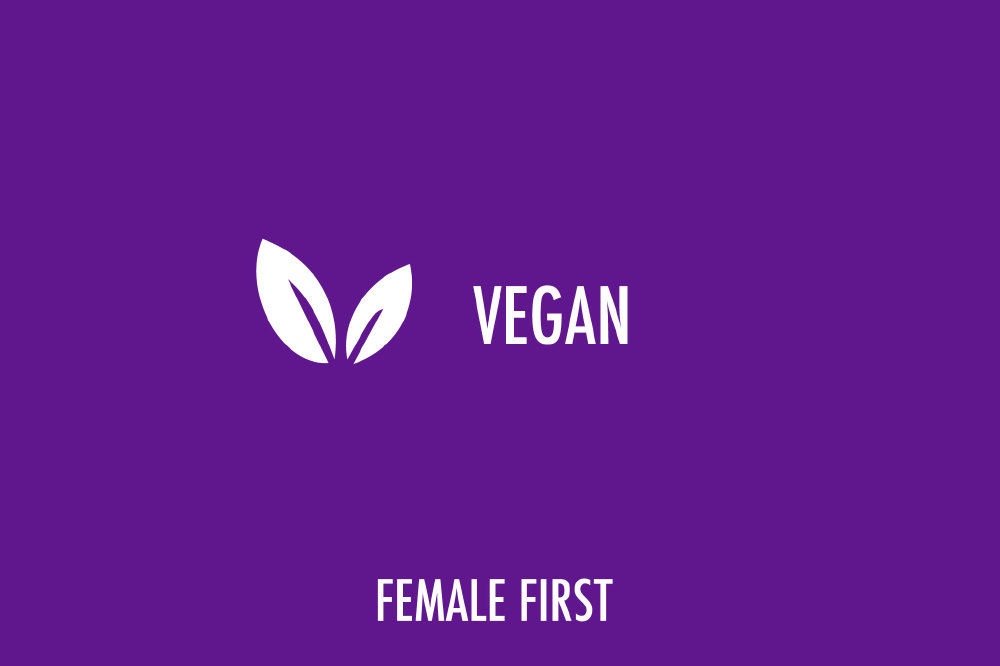Peter Harrison shares his reasons for ditching the meat and upping the veggies!

Vegan on Female First
Before working for a company that is ‘Proudly Meat Free’, I’d happily devour a burger and enjoy a bacon sandwich but after being exposed to so many reports and information about the role of meat consumption in climate change you can either choose to ignore or decide to do something about. I chose the latter.
If we ate meat at our current consumption rate, we would need three planets to sustain us, meaning the demand simply cannot be met in a sustainable or ethical way. So I feel like I’m helping, albeit in a small way, to preserve resources for my children and generations to come.
I can also limit my carbon footprint; if just one person ate meat-free for one meal, they could save the equivalent carbon of boiling a kettle 388 times. So by forgoing that roast leg of lamb on Sunday every week I can quickly rack up some sizable savings– imagine how much carbon emission you would save by going completely vegetarian!
Going meat-free no longer means a nut roast or mushroom risotto for every meal: with 61% of Britons already eating meat-free dishes week in and week out, great tasting vegetarian dishes are becoming much more common due to this demand so there’s been no impact on being able to have great tasting food, be this at home or in a restaurant.
Gone are the days of “Meat Free means Taste Free”. With so many wonderful and global ingredients available in our supermarkets, I find that I can easily cook a meatless yet tasty meal. I don’t have to centre a meal on a meat protein.
My weekly dinner repertoire has actually widened since I cut out meat; I no longer eat on autopilot or out of habit. I’m much more open to trying new things.
I can still eat the foods my family love; my wife and I make vegetarian versions of traditional meat based family favourites (I’m pretty sure our household isn’t the only one where Spaghetti Bolognese is the ultimate crowd pleaser!) and the kids can’t tell the difference.
Having a vegetarian diet is reportedly good for lowering cholesterol; I’m keen on staying healthy and looking after my heart (I have two children to keep up with after all) so anything that helps to keep my cholesterol low is bonus.
With my wife working at a cancer hospital, she hears a lot about processed meat consumption and potential links to cancer which had a big impact on her and gave me another reason to stop eating it. However, I’d say she’s more of a flexitarian because she still eats meat but tends to go for cuts of meat rather than processed meat.
I didn’t want to be a hypocrite; the joy of working at Quorn is that we can help people go meat-free, whether this is for fully-fledged vegetarians, or simply those trying to cut down on their meat intake. I wanted to be able to understand how people use Quorn and what sort of meals they make. A few years down the line and I’m still finding new ways to use the product.
By Peter Harrison, Marketing Director at Quorn
The research we have recently conducted has shown that the knowledge around both health and sustainability in relation to meat has become much more commonplace as three-quarters of Britons claim that eating better for the planet is important to them and 61% are already eating meat-free dishes week in, week out. People are more aware of the issues with meat production and by giving people a great tasting, sustainable meat alternative, it becomes much easier for people who care about these issues to act on them without impacting their lives.
Tagged in Vegetarian Quorn

